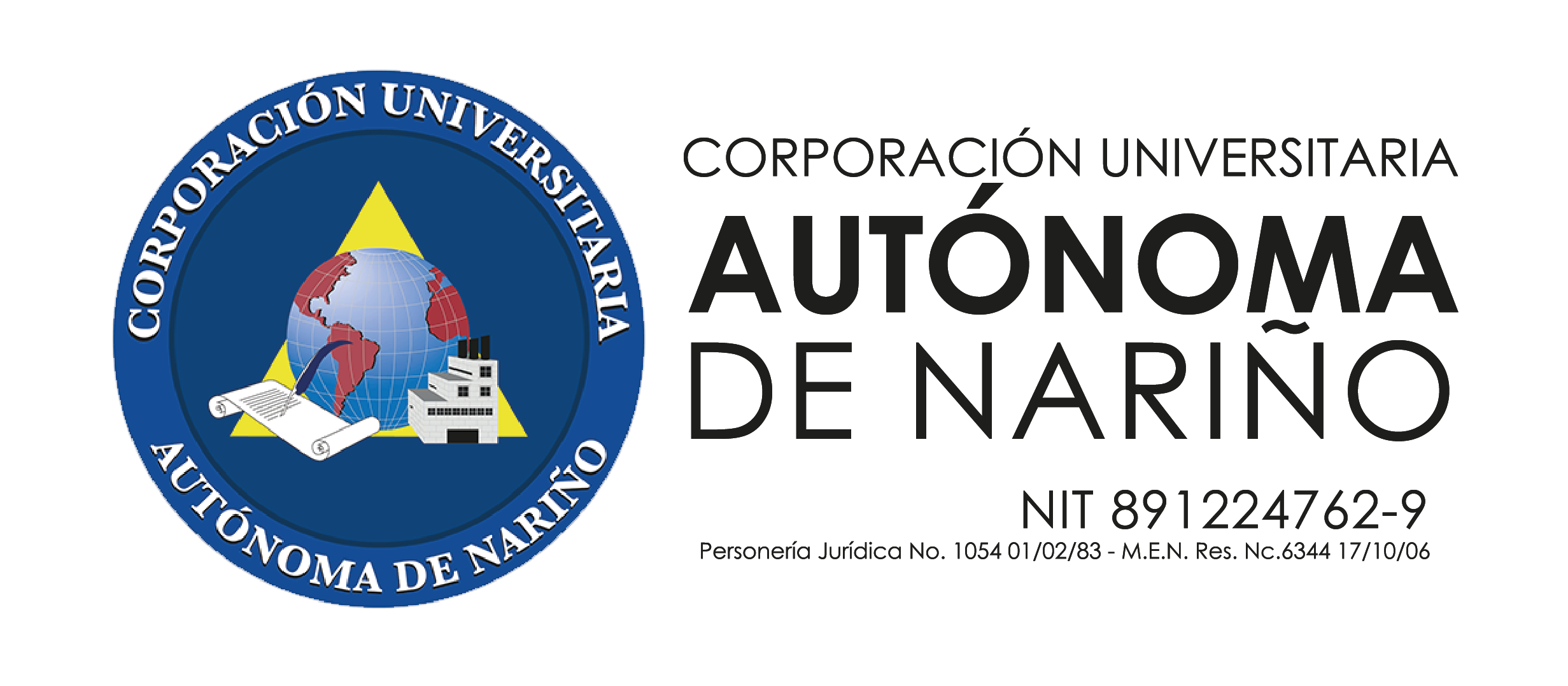Artificial intelligence, self-awareness and human rights of artificial subjects
DOI:
https://doi.org/10.47666/summa.5.1.10Keywords:
artificial intelligence, conscience, human rights, artificial subjects, LaMDAAbstract
Artificial intelligence as a technology that imitates human behavior, has had great advances thanks to technological development that serves as a platform for the processing of large amounts of information, this allows technology to know people in detail and thereby reproduce emotions and feelings artificially. So, this technology has surpassed people in abilities such as mathematics, prediction and decision making, however, linguistics represents a limitation for this technology, since the semantics that is what gives meaning to words, has not yet been completely overcome by machines. On the other hand, self-awareness is intrinsic to people, this is biologically imprinted in the brain to be aware of the environment, this is enhanced by interaction with the environment, but artificial intelligence lacks this biological network that detonates internal consciousness, so it cannot be self-conscious, this leads us to, attempts to recognize human rights to these technologies will not succeed, at least not in the short term.
Downloads
References
Bartra, R. (2014). Antropología del Cerebro: Conciencia, Cultura y Libre Albedrío. Valencia: Pre-Textos.
Ben-Ary, G. y otros. (2014). CellF [en línea]. guybenary.com. https://guybenary.com/wp-content/uploads/2016/08/cellF-version-4.pdf.
Bermúdez, N. (18 de may de 2018). La Autoconciencia por Noelia Bermúdez [Video]. YouTube. https://www.youtube.com/watch?v=4tK8i3Rb9YI.
David, S. y Congelton, C. (2019). La agilidad emocional. Autoconciencia (Serie Inteligencia Emocional HBR). En E. Aubareda (Trad.). pp. 46-55. Barcelona: Reverté.
De Torres, A. (23 de febrero 2021). Estado del arte de la Inteligencia Artificial en 2021 [en línea]. sage.com https://www.sage.com/es-es/blog/estado-del-arte-de-la-inteligencia-artificial-en-2021/.
Fernández, E. (1982). El Problema del fundamento de los derechos humanos. En ANUARIO del Instituto de Derechos Humanos, 1981: Editorial Universidad Complutense de Madrid.
Investigación y Desarrollo. (03 de noviembre 2021). Científicos japoneses crean robot con neuronas artificiales cultivadas a partir de células cerebrales [en línea]. Invedes.com.mx https://invdes.com.mx/ciencia-ms/cientificos-japoneses-crean-robot-con-neuronas-artificiales-cultivadas-a-partir-de-celulas-cerebrales/.
Jiménez, J.A. (2005). Autoconciencia. Escritos de Psicología (7),44-58. pp. 1138-2635. https://www.redalyc.org/articulo.oa?id=271020873005.
Konar, A. (2005). Computational Intellingence: Principles,Techniques and Applications. Netherlands: Springer.
Lamoine, B. [Bloomberg Technology]. (23 jun 2022 a). Google Engineer on His Sentient AI Claim [Video]. YouTube. https://www.youtube.com/watch?v=kgCUn4fQTsc.
---------------- (11 de junio de 2022 c). Is LaMDA Sentient? — an Interview [en línea]. cajundiscordian.medium.com. https://cajundiscordian.medium.com/is-lamda-sentient-an-interview-ea64d916d917.
---------------- [Curly Tail Media]. (2022 b). LaMDA | Is google's AI sentient? | Full audio conversation between Blake Lemoine and LaMDA [Video]. YouTube. https://www.youtube.com/watch?v=NAihcvDGaP8.
López, B. (2007). Introducción a la Inteligencia Artificial. Instituto Tecnológico de Nuevo Laredo. http://www.itnuevolaredo.edu.mx/takeyas/Articulos/Inteligencia%20 Artificial/ARTICULO%20Introduccion%20a%20la%20Inteligencia%20Artificial.pdf
Marleno, A. (2004). Prácticas para desarrollar la autoconciencia. Pensamiento & Gestión, 17. pp. 134-160. https://www.redalyc.org/articulo.oa?id=64601706.
Martín, M. L. (2003). Análisis Histórico y Conceptual de las Relaciones entre la Inteligencia y la Razón (Tesis doctoral). Universidad de Málaga, Facultad de Psicología. https://riuma.uma.es/xmlui/bitstream/handle/10630/2666/1685391x. pdf.
McCarthy, J. (2007). What is Artificial Intelligence?. Stanford: Computer Science Department, Stanford University.
Minsky, M. (1990). Máquina que cambió el mundo, la; Entrevista a Marvin Minsky, 1990 [en línea]. Open Vault. https://openvault.wgbh.org/catalog/V_EC93438EE8A747 989743A3987DD21409.
Nilsson, N. J. (1998). Artificial intelligence: a new synthesis. San Francisco: Morgan Kaufmann Publishers, Inc.
Olivé, L. (2000). El bien, el mal y la razón: Facetas de la ciencia y la tecnología. México, D. F. Paidos.
Palma, J. T y Martín, R. (2008). Inteligencia Artificial: Técnicas, métodos y aplicaciones. Madrid: McGraw Hill.
Real Academia de la Lengua Española. (consultado 2021). inteligencia [en línea]. RAE. https://dle.rae.es/inteligencia.
Real Academia de la Lengua Española. (consultado en octubre de 2022). autoconciencia [en línea]. RAE. https://dle.rae.es/autoconciencia?m=form.
Rico. A. (2019). Hacia el reconocimiento de la subjetividad en los agentes artificiales. Una delimitación del sujeto artificial en la semiótica. Tópicos del Seminario (41). pp.147-169. https://www.scielo.org.mx/pdf/tods/n41/2594-0619-tods-41-147.pdf.
Rouhiainen, L. (2018). Inteligencia artificial 101 cosas que debes saber hoy sobre nuestro futuro [Kindle]. https://leer.amazon.com.mx/?asin=B07J2STDY8.
Searle, J. R. (1994). Mentes, Cerebros y Programas. Filosofía de la Inteligencia Artificial. En, G. Feher de la Torre (Trad.). pp. 82-104. México D.F.: Fondo de Cultura Económica.
Terman, L. M. y otros. (1965). La inteligencia, el interés y la actitud. Buenos Aires: Paidós.
Tiku, N. (11 de junio 2022). The Google engineer who thinks the company’s AI has come to life [en línea]. Te Washington Post. https://www.washingtonpost.com/technology/2022/06/11/google-ai-lamda-blake-lemoine/.
Turing, A. M. (1950). Computing Machinery and Intelligence. Mind, LIX(236), 433–460. https://doi.org/10.1093/mind/LIX.236.433.
Unión Interplanetaria. (2016). Derechos Humanos: Naciones Unidas.
Universidad de Alicante. (s.f.). Introducción a la Psicología: Tema 8. Inteligencia. https://rua.ua.es/dspace/bitstream/10045/12917/8/Tema%208.%20Inteligencia. pdf.
Vassev, N. (06 de mayo 2021). Artificial Intelligence And The Future Of Humans [en línea]. Forbes. https://www.forbes.com/sites/forbestechcouncil/2021/05/06/ artificial-intelligence-and-the-future-of-humans/?sh=5fb80ae56e3b.








